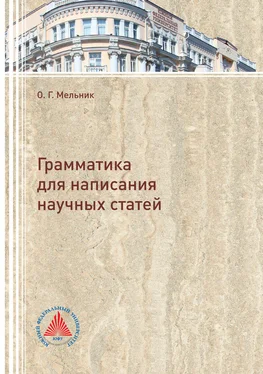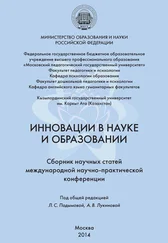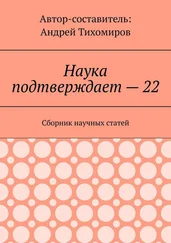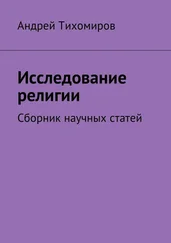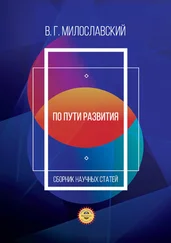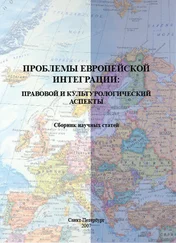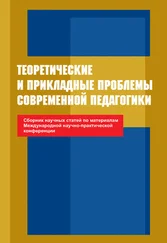О. Г. Мельник
Грамматика для написания научных статей
Общеизвестно, что в современном глобализированном мире английский язык является своеобразной lingua franca науки, техники и частично образования. Особенно важную роль он играет в научной письменной коммуникации, о чем свидетельствует постоянный рост количества публикаций на английском языке не только в международных, но и в национальных изданиях. Работа с нормами и канонами современного англоязычного научного дискурса и умение представлять свои научные достижения на английском языке очень важны для тех ученых, кто хочет активно общаться со своими зарубежными коллегами и стать равноправными членами международных научно-образовательных сообществ.
Целью пособия "Грамматика для написания научных статей" является отработка основных явлений грамматики английского языки, характерных для научных текстов, а также выработка стратегии овладения научным письмом как видом комплексной деятельности, охватывающей социальные, когнитивные и собственно языковые аспекты.
Потенциальной аудиторией пособия прежде всего являются аспиранты и молодые ученые Южного федерального университета, хотя некоторые его разделы можно использовать в преподавании английского языка как практической дисциплины студентам старших курсов и магистерских программ. Работа с пособием требует достаточно высокой общей англоязычной компетенции, что примерно соответствует уровню знаний и навыков выпускников специализированных групп с углубленным изучением английского языка неязыковых факультетов. Пособие также можно использовать как справочный материал для ученых, стремящихся самостоятельно овладеть основами письменной англоязычной коммуникации. Итак, пособие ориентировано на довольно широкую аудиторию.
Теоретической основой пособия является концепция научного дискурса как социально коммуникативного явления и одновременно как типа текста с рядом сравнительно устойчивых композиционных и языковых признаков. Соответственно, в пособии рассмотрены языковые единицы, способствующие когезии и когерентности научного текста в целом, а не только их отдельные грамматические черты, а также объяснено влияние некоторых социокультурных факторов на особенности организации научного текста.
Lesson 1. What is special about academic English?
I. Grammar
Task 1. Find and correct the mistakes.
1. This failure was occurred for two reasons.
2. Intensity is a significant in stress production.
3. He indicated me that he had decided to always choose the second syllable.
4. I do not agree that conclusion.
5. This experiment focuses the role of pitch.
6. We would suggest to find a better connector piece.
7. After reviewing customer specifications, five main design concepts generated.
8. We talked Terry Larrow.
9. $1500 cost our prototype.
II. Sentence structure
Task 2. Each sentence in the following passage contains one word order error. Rewrite the passage, making corrections as necessary. More than one answer may be possible.
1. Frederick Douglass, an African-American who was born into slavery, for the abolition of slavery fought all his life.
2. He wrote every month articles in the newspaper he established.
3. He used again and again his editorials to try to get his point across.
4. He gave frequently lectures.
5. However, success he did not find immediately.
6. He had to urge constantly president Abraham Lincoln to allow men of his race to enlist in the army.
7. Was very' significant his work for the antislavery movement.
8. Not only he influenced the president, but he also changed the face of the nation. 9. Why there are no campaigners like him today?
III. Academic vocabulary
Task 3. Insert the omitted words.

1. English language 1. _____ is becoming a priority academic/professional requirement whether international higher education graduates choose to return to their home countries or whether they choose to stay in the United States," notes Joan Morley.
2. "English is today the 2. _____language in science and technology, medicine and health care fields, commerce, business and industry, and much more.
3. It should come as no shock to find that three-quarters of the world's information stored in computer banks is in English."
4. According to a recent Wall Street Journal article, a billion persons in the world are able to speak English, with more speaking it as a foreign language than as their mother tongue.
5. But the language that non-native speakers actually speak can be thought of as many different Englishes.
6. Some speak only about computers, or oil, or commodities trading or swine; they, 3._____ English into forms useful for specific purposes, and those who speak these forms are usually unable to 4. _____ comfortably about matters outside their field of interest.
7. Phrases like "get the hang of it," "to go along with," and "getting at," for example, mystify many non-native speakers.
8. 5._____in English can even be deadly.
9. An air traffic controller in Madagascar radioed, "Clipper 1736 report clear of runway."
10. The pilot 6._____ that as clearance for takeoff, rather than an order to report that he had cleared the runway, collided with an incoming airliner, and 600 people died.
11. Such linguistic mistakes have7. _____ at least 3,000 lives, an expert told the Journal.
12. Alan Firth, a British scholar who specializes in foreign 8. _____ of spoken English, told the Journal: "What happens to this language is no longer our 9._____.
13. English is no longer our possession. 14. It's not a monolith. 15. It's in an incredible state of flux."
IV. Punctuation
Читать дальше
